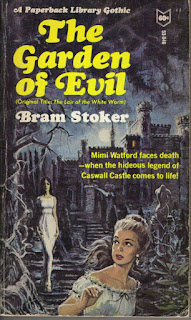Well I had promised myself that I would try to avoid any books that were the start of a trilogy, simply because at my current slow reading rate, I can't afford to commit to more than one book at a time. The Blade Itself was seductive enough (laying around at my parent's right next to the comfy armchair, strongly recommend by my brother-in-law who had left it there) that I decided to ignore the rule and I'm glad that I did.
First of all, it begins with a bang. The first pages are a brief, but intense action moment, almost like starting after a cliffhanger that also revealed a really cool character. From there, the book delivered a ton of the kind of political machinations that I like, more appealing and interesting characters and lots of great moments of ass-kicking and revelation of superior skills. Though I doubted it was possible, the fantasy world is pretty interesting. I love the dying empire element, especially to constrast (or render palatable) our own current dying empire scenario the U.S. seems to be accelerating towards.
I won't go into the storyline, because it is kind of complicated and the whole point of the first book is to slowly reveal all the layers of the story that is going to take up the rest of the trilogy (which I am now eager to keep reading). But it's cool and fun as hell, believe me. If you like this sort of thing. Which I do.
Silver out the wazoo
1 day ago




















